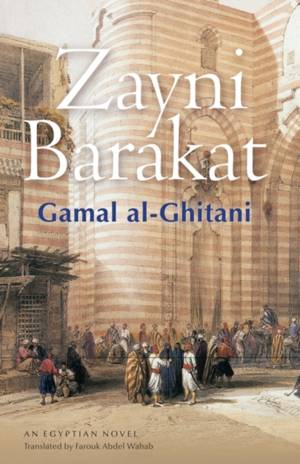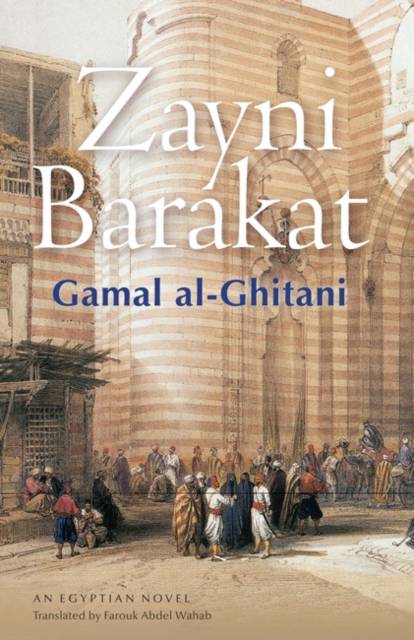
Bedankt voor het vertrouwen het afgelopen jaar! Om jou te bedanken bieden we GRATIS verzending (in België) aan op alles gedurende de hele maand januari.
- Afhalen na 1 uur in een winkel met voorraad
- In januari gratis thuislevering in België
- Ruim aanbod met 7 miljoen producten
Bedankt voor het vertrouwen het afgelopen jaar! Om jou te bedanken bieden we GRATIS verzending (in België) aan op alles gedurende de hele maand januari.
- Afhalen na 1 uur in een winkel met voorraad
- In januari gratis thuislevering in België
- Ruim aanbod met 7 miljoen producten
Zoeken
Omschrijving
From one of Egypt's greatest contemporary writers, a historical novel which "succeeds brilliantly" (Robert Irwin, Times Literary Supplement)
"In the course of my long travels I have never seen a city so devastated. After a long time I ventured out into the streets. Death, cold and heavy, hung in the air. Walls have no value here, doors have been eliminated. No one is certain that they will see another day." This historical novel, first published in Arabic in 1974, is set in early-seventeenth century Mamluk Cairo. It traces the career of Zayni Barakat ibn Mousa as Cairo's puritanically moral and ruthless governor, who employs several corps of spies and informers to rule the city. Gamal al-Ghitani uses various narrative devices including diary extracts, police reports, legal decrees, first-person narratives, and religious discourses, which, together with oblique references to the Cairo of Nasser, give the novel the dimensions of a powerful political and historical fable.Specificaties
Betrokkenen
- Auteur(s):
- Vertaler(s):
- Uitgeverij:
Inhoud
- Aantal bladzijden:
- 266
- Taal:
- Engels
Eigenschappen
- Productcode (EAN):
- 9789774248726
- Verschijningsdatum:
- 15/09/2004
- Uitvoering:
- Paperback
- Formaat:
- Trade paperback (VS)
- Afmetingen:
- 124 mm x 196 mm
- Gewicht:
- 294 g

Alleen bij Standaard Boekhandel
+ 73 punten op je klantenkaart van Standaard Boekhandel
Beoordelingen
We publiceren alleen reviews die voldoen aan de voorwaarden voor reviews. Bekijk onze voorwaarden voor reviews.









